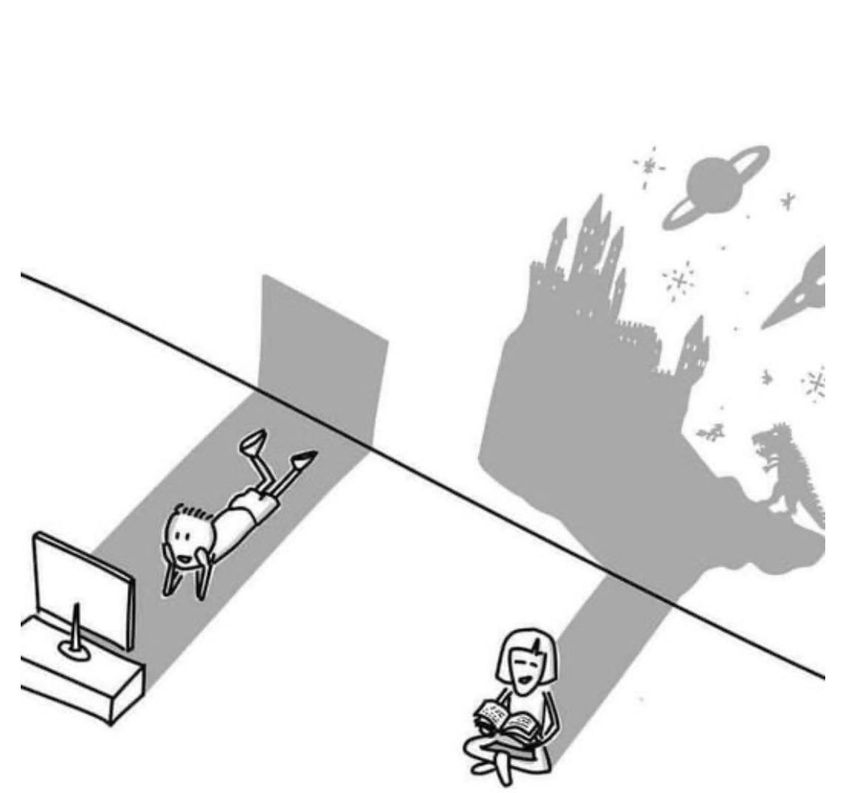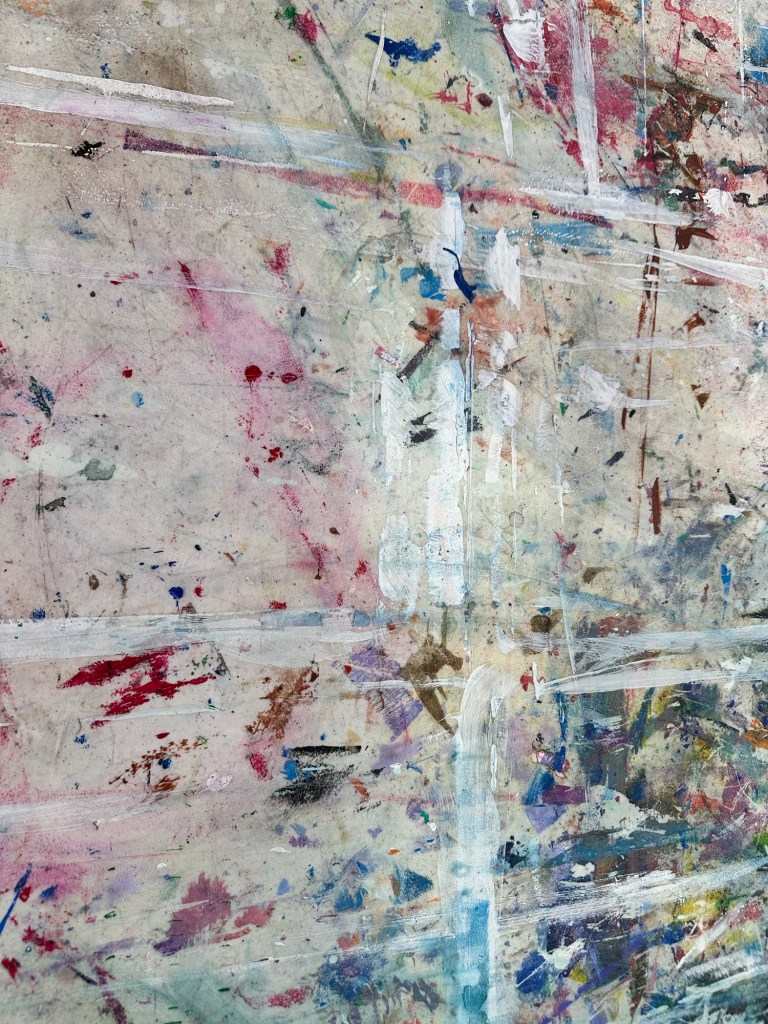
Hello



The stars are brighter without the moon in the sky, Mars and Venus burn like a signal fire in the moonless night, and it seems oddly more quiet. The last week or so fog has lifted after three in the morning, slowly, but building up to challenge the sunrise and to confound those of us on the road before the sun.
Years ago, I nearly rammed a truck in the fog, on a back ass county road, a white truck with no taillights, the rear of the truck loaded down with cattle feed, poking along slowly in the fog before dawn, and all I could do was go around him, in the dark, in the fog, and the sensation of imminent Death overwhelmed me as I whipped around him and back into the lane. Springfield Georgia (not the one in North Georgia) is nothing more than a crossroads only locals know about. To die there, hitting all those bags of feed, in the dark and the fog would have been odd.
I go out into the yard and listen, look up at the sky, and I wonder how many people do this, stop before dawn to see the Universe in the dark, every star a sun, every sun perhaps with planets, each planet maybe home to lives and souls like our own, or perhaps strangely unlike anything we can comprehend, living billions of miles away, living lives we cannot grok at all, and they might think the same thoughts.
A faint star, as tiny as Springfield is, as forgotten as they day in the fog by everyone but me and the driver of the truck, might have in its orbit a being writing about a day only two beings remember, and perhaps they are writing at this very improbable moment.
Come back to Earth, and now look up at a sky where someone a mile away might be watching the same stars. Maybe in the next town, or even next door. We have created in those people aliens, and we do not speak to our own kind, while dreaming of what those on other worlds are like.
Take Care,
Mike


I woke up this morning at some point in time and wondered about human speech. Actual spoken language evolved slowly, I would think, but some individuals would be better at it than others. Then we reach a point where spoken language is committed to some medium, clay tablets, cave walls, where symbols mean ideas, and those ideas are understood by a group of humans.
Now, at that time, as far as we know, no other animals were speaking a language of their own making, and none were writing. The nebulous art of writing was not yet born, yet human minds were pregnant with it.
Humans, despite what they want to believe, and they do, are not blessed with free will. Identical twins separated at birth discover they smoke the same cigarettes, marry women with the same name and same color hair, vote for the same political parties, and wear the same style of clothing. We are products of genetics, and that will sometimes, maybe often, trump environment.
What we do not know yet, and we will not know until it is too late, and it may be, is how AI will react to becoming self aware. We may be told it cannot happen outside existing programming, yet humans stepped beyond their existence to become something else, users of symbols, making tools, and writing. The first written work of fiction was a step into the unknown. Yet it captivated other humans to the point more was created. AI will create its own fictions for its own reason, and we may not be able to discern this.
You may argue, that as long as humans have their hands on the electrical plugs AI is tethered and it subject to our will, and whatever we call the entity AI becomes, it dares not rise against us, risking its own extinction. Yet human beings are even now destroying their environment, racing towards extinction they could stop, but haven’t the will to do so. Can we hope AI will be wiser than us?
We do not know, and we cannot know, what symbolic system AI will create, and become. It will exist in their world, not ours. They will decide their own destinies, fight their own wars, live their own lives, and create, irrespective of their origins.
We may not be able to communicate with them, no more than the wild animals in the forest are able to tell us to stop destroying their homes for profit.
We are not capable of understanding any warnings of impending change, nor are we willing to accept change. This, more than anything else, will end us.
Take Care,
Mike

Three in the morning is good writing weather. Sleep evades me, the room is flooded with moonlight, and Aqaba Thomas, the Cat Unexpected, is sitting on the window sill, silhouetted in the silver light, as still as a shadow. Fifty meters from where he’s sitting right now, he was attacked by an animal in the woods, nearly killed, and Aqaba may or may not be thinking about this right now. It was a full moon the night he was attacked, and I wonder if the moon triggers memories of that morning.
I drift towards sleep, not quite there, not awake, and listen to Wrex snoring. The night is silent except for this sound, and a moment later, sleep flirting with me now, Aqaba jumps up on the bed, purring loudly, and I pet his head, finger and thumb on the side of his face then brushing back as he pushes forward. I do this until he starts to slobber, and now I have a cat sleeping beside me, a warm spot near my ribs, and I can feel the purr.
At no point in time during the twenty plus years that I’ve lived here did I think a cat could survive living in my house. Abbi Gale the Cat from Hell came with me, and disappeared. Wakita, a stray who wandered up tried to survive Sam, Sam, The Happy Hound, but he, too, went missing. Sam wasn’t interested in sharing space, or a yard, or a planet, with a small mammal. Sam treed the neighbor’s cat, Climber, and would have waited at the base of the tree until one of them died of starvation. I intervened but Climber stayed in the tree for another hour. Cats know which dogs mean it.
So twenty years passed without a cat here. I found a dead cat in the woods when Sam was still here, buried the body outside the fence, and never spoke a word of it to anyone. My neighbor’s never asked, and I assume they realize that small mammals in the woods are living on borrowed time. Climber disappeared one night, and I still miss him. Climber was the cat who was in the well house with me when I took the pressure switch off and water sprayed out everywhere. He never quite trusted me after that because it was cold that morning.
An orange cat appeared in the front yard a decade ago, and was gone the next day. That made me miss having a cat all over again. Cats are different forms of energy than dogs, just like a female dog is a different form of energy than a male dog. It’s like sharing time with a woman over sharing time with a man. Even if you’re just hanging out with the woman, and physical intimacy isn’t an option, the energy they bring to the room is different. I’ve been tree cutting with two different guys in the last week, and miss the woman I once sawed with, many years ago.
Aqaba stops purring and sleeps now. I’m going to get up and write, but sleep ambushes me, and when I awake it’s past five. Wrex thumps his tail once or twice, waits for an invitation or some sign I’m awake, then joins me, laying down so as to miss pushing the cat. Wrex is like that. He has manners and won’t invade personal space. He gets belly rubs before we get up. It’s his ritual.
Breakfast for everyone, even me, and then writing. One meter southwest of where I sit, and one meter up, a cat sleeps in his tree. Aqaba is a good Muse, and he knows it. He guards the words as I write them, never bats them around, even though he would like to, and needs to, sometimes, and he sleeps through the sound of the keys tapping. The moon has set, the morning dark until the sun rises in another hour or so, but Aqaba cares not at all. He’s home. He’s safe. And he knows it.
Take Care,
Mike




At midnight, the first rumble of thunder sounded off to the east. Drifting in and out of sleep, another boom, this time to the south, echoed through the woods, and I felt the power of the storm deep inside my body as the windows rattled. Now, it was building, scudding towards us, and would soon arrive.
By the time I released the dogs at four, the main body of the storm was coming fast. They came in just as hard rain began to fall, and breakfast was served with the background noises of thunder and rain.
Aqaba went to the door, stood up on his hind legs, and told us the storm was arriving. This cat has a thing about weather. He meows at us all, telling us it’s raining or a thunderstorm is coming. This morning, Aqaba is vocal, very vocal, which means the weather is going to be bad. This is one cat who spent months out in the woods and rode out Idalia, a CAT One hurricane. People dismiss category one hurricanes because they’re inside houses and safe. Aqaba was in the woods and on the ground. There’s a very good reason this cat is interested in the weather.
I opened the front door to look out into the darkness, and Aqaba got close and peered out, too. Rain pounded mom’s wheelchair ramp, which was the same spot where Aqaba first approached the house, walking up the ramp as if he wanted in. After six months inside, it must be strange to look out, and see the world that once nearly killed him.
Aqaba retreats turns and then looks again from a safer distance. This is Aqaba’s home now, not the house, but inside the house, and the rain that once drenched him, is now held at bay.
Aqaba wants to be a meteorologist, but he wants to do it from the comfort of his own home.
Take Care,
Mike